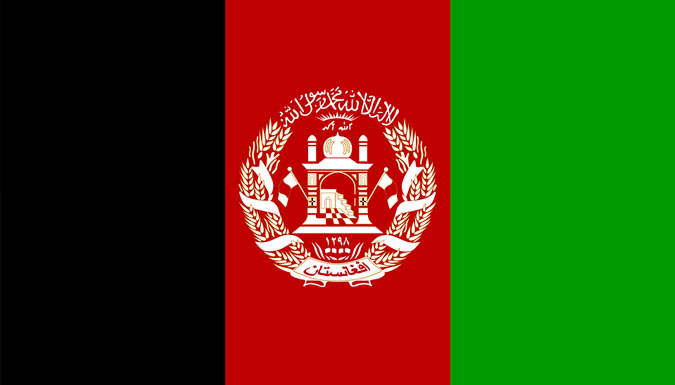The Centre of Gravity of militancy shifts to Afghanistan
Stakeholder regional countries threatened by Islamic militancy need to get together under the umbrella of the Shanghai Cooperation Organisation and fight a joint war to end the menace.
- V. Mahalingam
- May 27, 2015












